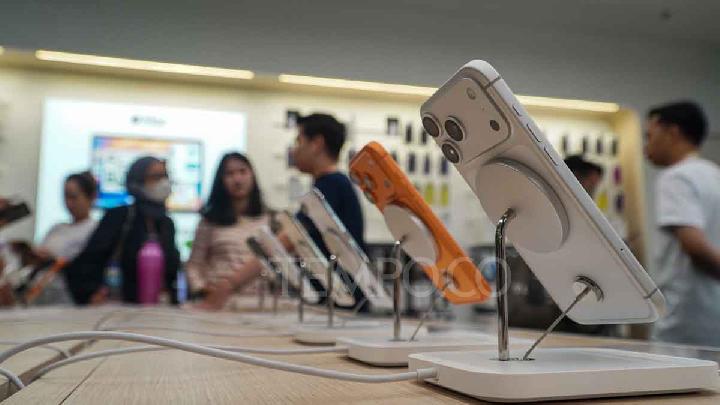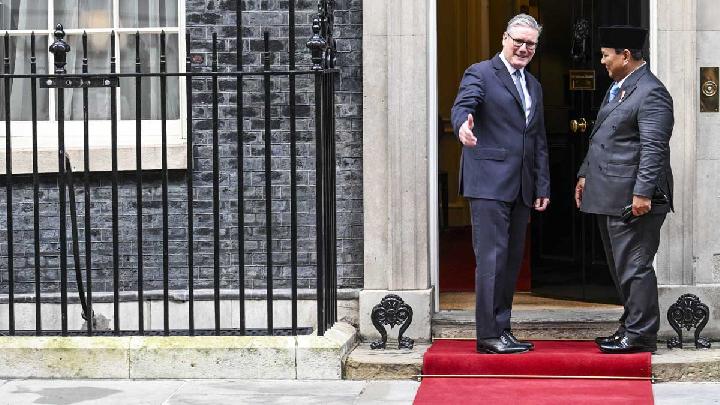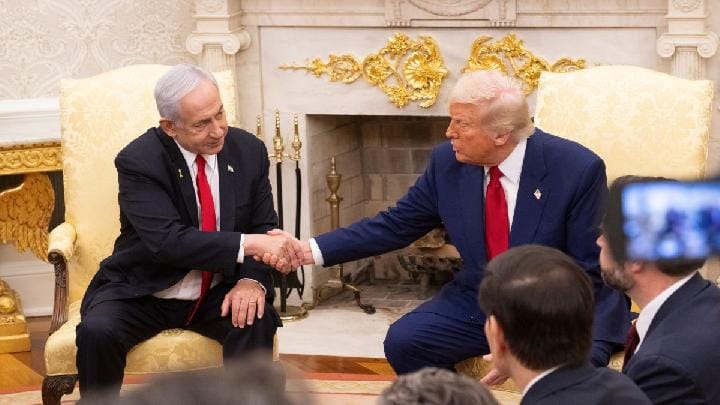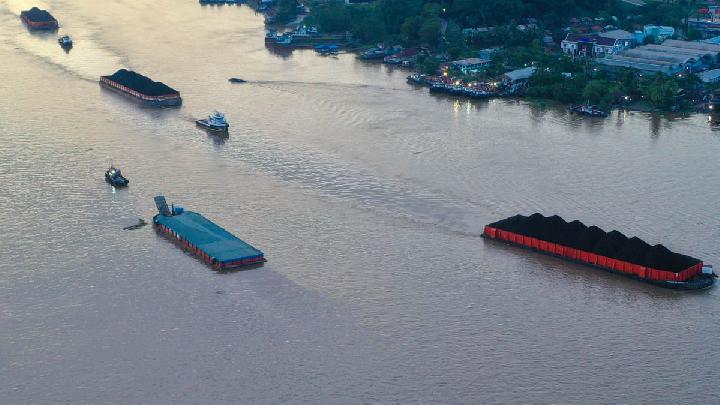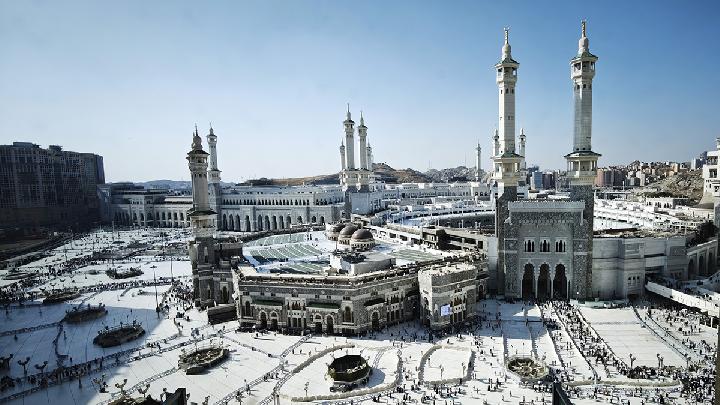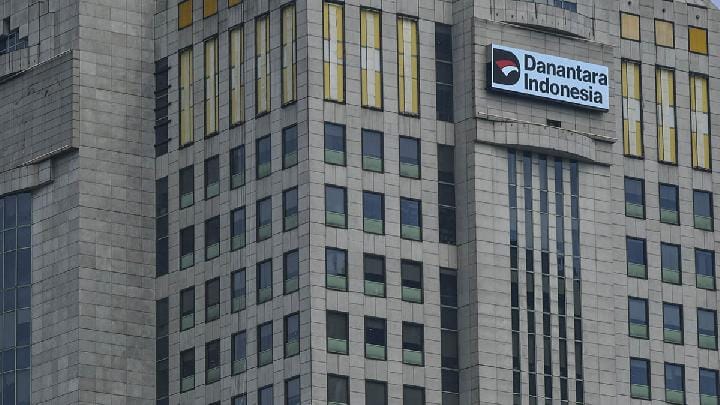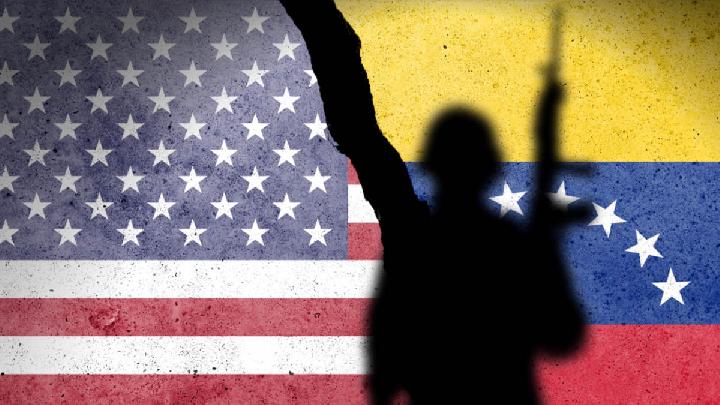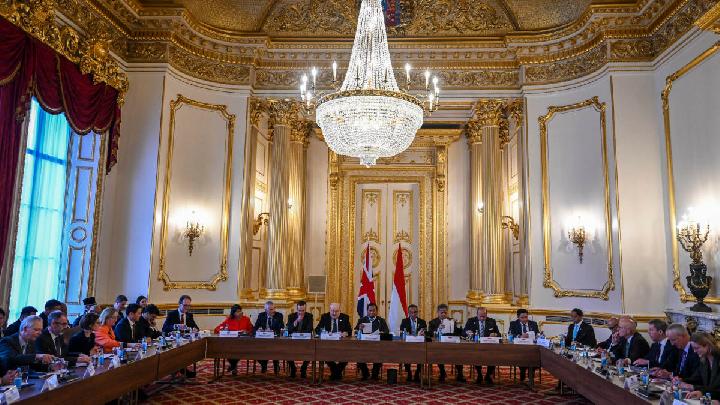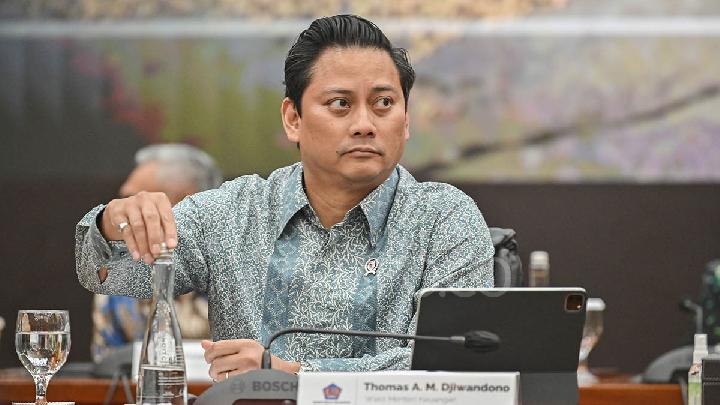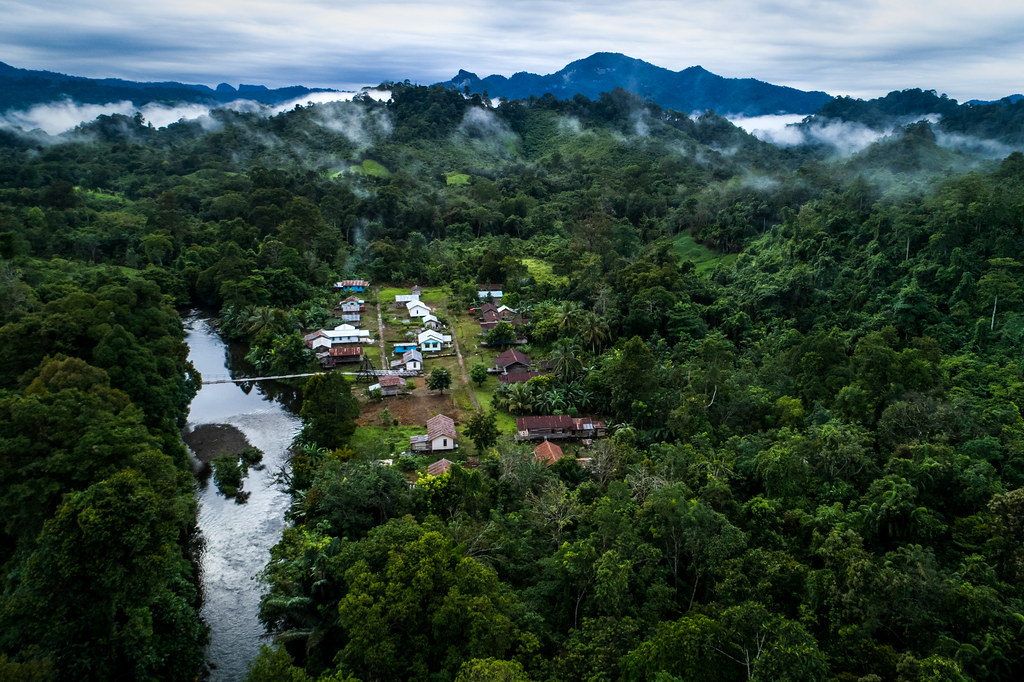TEMPO.CO, Jakarta - Former president Joko Widodo or Jokowi has spoken out about the controversy surrounding the Jakarta-Bandung High-Speed Rail (KCJB), or Whoosh project, which is now reported to carry a debt burden of up to Rp118 trillion. This project was one of the signature transportation programs during his administration.
When met in Mangkubumen, Banjarsari District, Solo City, Central Java, on Monday, October 27, 2025, Jokowi refused to comment on the statement by Finance Minister Purbaya Yudhi Sadewa, who had previously asserted that the Whoosh project's debt would not be borne by the State Budget (APBN).
"That is the government's authority. I don't want to answer," Jokowi said briefly.
Jokowi then explained the background and primary purpose of the project's development, asserting that Whoosh was built to address the chronic traffic congestion in the Jakarta, Bogor, Depok, Tangerang, Bekasi (Jabodetabek), and Bandung areas.
"We need to know the problems first. In Jakarta, the congestion has been severe for the past 20 to 40 years. Jabodetabek and Bandung are also the same," he stated.
According to Jokowi, the economic losses due to congestion in Jakarta alone reach around Rp65 trillion per year, while for the entire Jabodetabek and Bandung regions, this loss could exceed Rp100 trillion annually. Therefore, the government designed an integrated mass transportation system that included the KRL, MRT, LRT, airport trains, and high-speed trains.
"The basic principle of mass transportation is public service. Not seeking profits, but social gains, social return on investment," Jokowi explained.
He clarified that these social gains include a reduction in carbon emissions, increased societal productivity, decreased pollution, and time efficiency. He argued that subsidies for public transportation are actually a form of national investment.
"If there are subsidies, it is an investment, not a loss. For example, the Jakarta Provincial Government subsidizes the MRT by Rp800 billion per year, and when all routes are completed, it could reach Rp4.5 trillion. But the impact on the economy and the environment is significant," he said.
Economic Impact
Jokowi also highlighted the success of mass transportation in changing the public's habits. Since its launch, the MRT Jakarta has carried 171 million passengers, while the Whoosh high-speed train has served around 12 million passengers.
"We should be grateful for the shift from private vehicles to public transportation. It's not easy; it takes time and a change in public character," he remarked.
In addition to the social gains, Jokowi believes the Whoosh project has a significant economic multiplier effect. The presence of new stations and corridors generates new economic hubs, increases activity for small and medium enterprises (SMEs), and boosts tourism and property values.
As a comparison, Jokowi mentioned that mass transportation in developed countries also does not rely on financial profits and widely employs subsidies. He cited Korea, China, Japan, and even Europe as examples.
"In Korea, China, Japan, and even in Europe, like Metro Paris and the London Underground, subsidies can reach 50 percent. So, this is normal," he noted.
He emphasized that the calculation of losses in the Whoosh project was predicted from the beginning. Jokowi is optimistic that within the next 5 to 6 years, as the number of passengers increases and the shift from private vehicles accelerates, the project's financial performance will improve.
"The first year may not be ideal, but if the number of passengers increases every year, the losses will decrease, and even the EBITDA could become positive," Jokowi concluded.
Editor’s Choice: Besides Indonesia's Whoosh, Which Countries Owe China for Infrastructure Development?
Click here to get the latest news updates from Tempo on Google News



